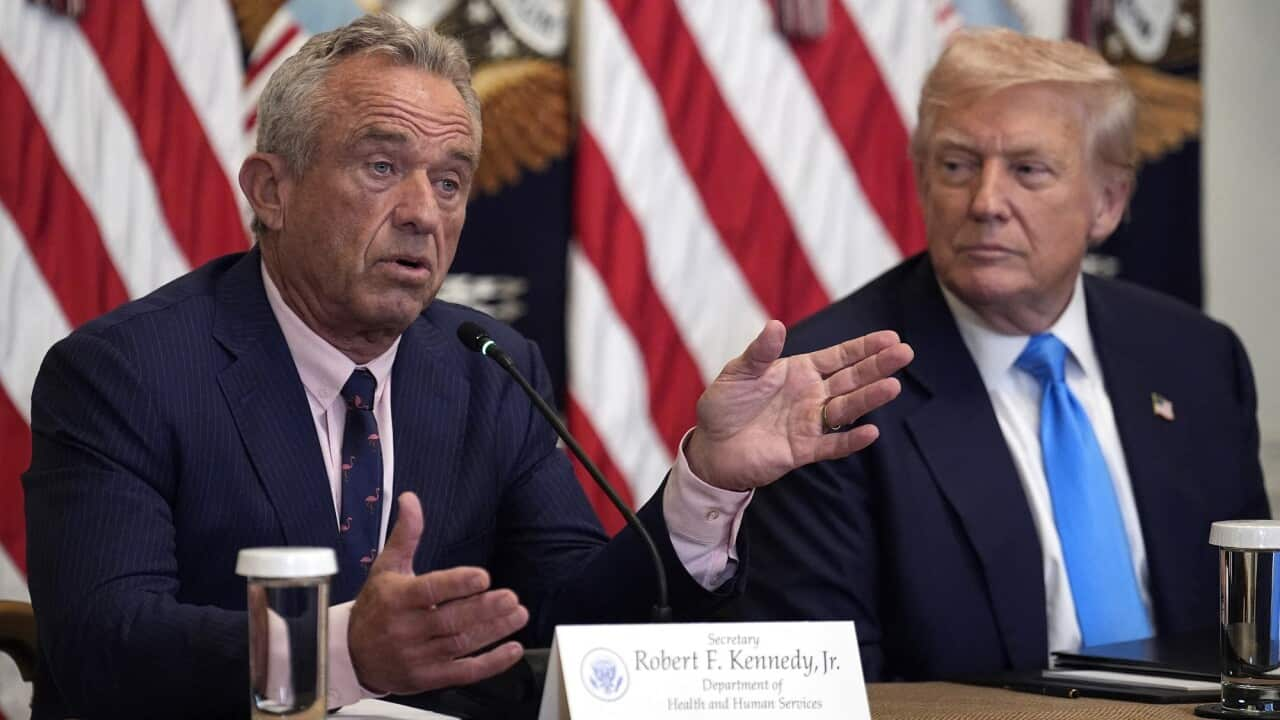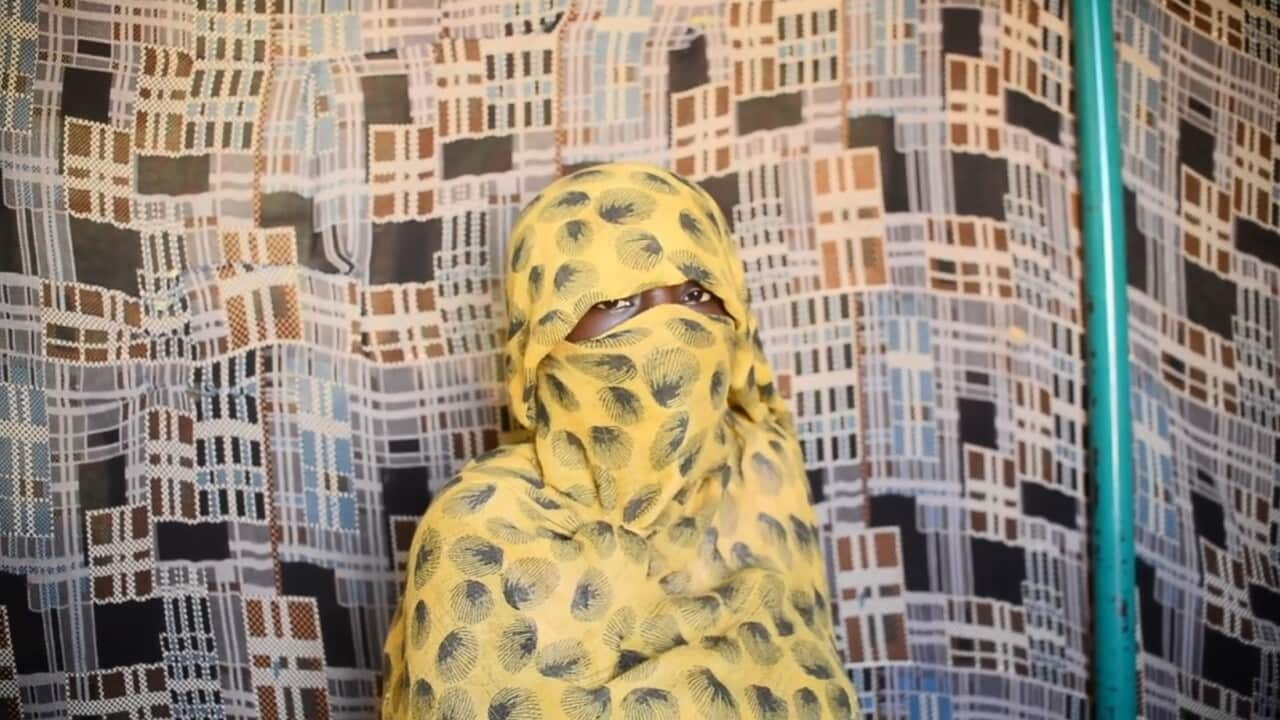Listen to Australian and world news, and follow trending topics with SBS News Podcasts.
TRANSCRIPT
"I've been in this business for 50 years and have seen many crises come and go, and I've seen many attempts by public health to address these kinds of situations. Never have I seen a more dangerous approach to responding to our vulnerability to infectious diseases than what happened yesterday."
That's Dr Michael Osterholm, director of the Center for Infectious Disease Research and Policy at the University of Minnesota.
He's responding to the announcement by US Health Secretary Robert F. Kennedy Junior that the Department of Health is cancelling US$500 million (A$769 million) in mRNA vaccine development.
Mr Kennedy says the health department's biomedical research agency, BARDA, has already begun its work terminating 22 mRNA projects.
"After reviewing the science and consulting top experts at NIH and FDA, HHS has determined that mRNA technology poses more risk than benefits for these respiratory viruses. That's why after extensive review, BARDA (the Biomedical Advanced Research and Development Authority) has begun the process of terminating these 22 contracts totalling just under $500 million."
Mr Kennedy claimed that mRNA vaccines do not protect against respiratory illnesses like COVID and the flu, and said the department would be favouring other types of vaccines in their place.
Dr Osterholm has joined experts in rejecting Mr Kennedy's claims about the effectiveness of mRNA as false and misleading.
"The piece yesterday that was absolutely devastating for those of us in public health to watch was the mis- and disinformation Secretary Kennedy shared. To talk about the fact that the risks outweighed the benefits of COVID vaccines or the whole mRNA technology was just absolutely irresponsible. That's just simply not true. No matter how many high times he says it, it's not true."
mRNA vaccine technology was first used during the COVID-19 pandemic, but scientists have been researching mRNA for vaccine development for decades.
The technology differs to other vaccines in that it delivers instructions to our cells to make a protein identical to one found in a virus, which triggers our body's immune response.
Consultant medical virologist at Public Health England, Dr Kevin Brown explains how it works.
"So the idea of an mRNA vaccine, is instead of actually using a virus to produce the antigen directly, the mRNA wrapped up in a lipid coat is injected into the body, goes into the cell, and the cell directly makes the protein from the mRNA. It's a really clever idea."
Experts say the technology holds great promise for improving vaccines for viruses like influenza, because unlike traditional vaccines, it can be made within months and can be adapted quickly as viruses change.
Dr Osterholm says if an influenza pandemic were to break out globally, without mRNA technology, outdated vaccine approaches would only allow for around a fourth of the world to be vaccinated within the first 18 months.
"That would be a disastrous situation. mRNA technology applied into influenza vaccine could change that dramatically such that by the end of the first year, we could vaccinate the world. Now, all of that potential research and supportive information that we need is no longer gonna be collected here."
Since February this year, when he took on the role of health secretary, Mr Kennedy has made a number of changes to how vaccines are regulated.
In May, he announced COVID-19 would no longer be included on the Centre for Disease Control and Prevention's list of recommended vaccines, and in June, he fired all members of a national committee that helps craft vaccine policy.
And it's not the first cut to mRNA funding and contracts, with the Department of Health and Human Services in May revoking a nearly US$600 million contract to the drug maker Moderna to develop a vaccine against bird flu.
Dr Jeff Coller is a professor of RNA Biology and Therapeutics at Johns Hopkins University. He says the massive new cuts threaten vital progress in bird flu vaccine research.
"It's not a question of if bird flu will become a pandemic. It's a question of when. Maybe it's not this year, maybe it's not five years from now, maybe it's ten years from now. But we have to be prepared. We have to have technologies in place. And that doesn't mean that everything should be mRNA, that we should only invest into mRNA for the development of vaccines against bird flu. We should be looking at all modalities, you know, in an effort to combat an emerging pandemic."
He says this latest move will set the United States far behind other countries when it comes to vaccine research, but also future access to vaccines as well.
"And the truth is that there are other countries around the world, including China as well as Europe and Asia in general, that are not throwing away their investment into mRNA research and mRNA vaccine development. In fact, they're doubling down. And if we don't reverse these decisions soon, then we'll be watching other countries achieve innovation in this space and life-saving medicines that we simply don't have access to."













